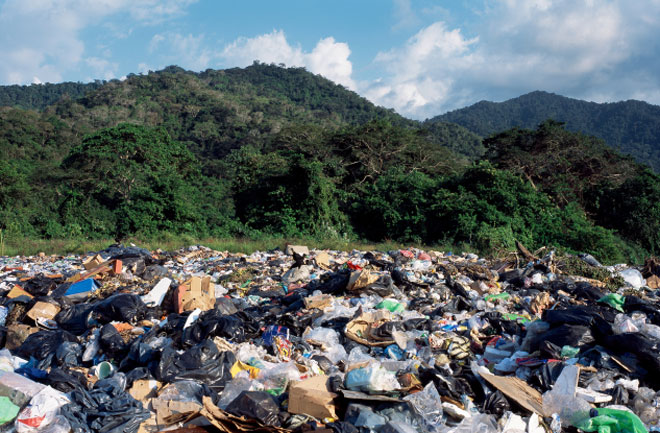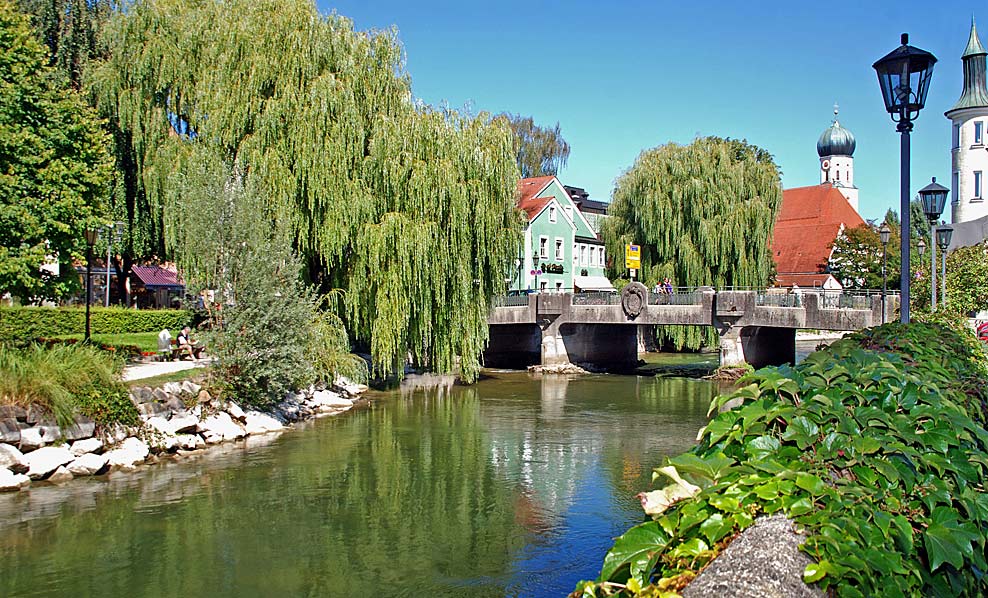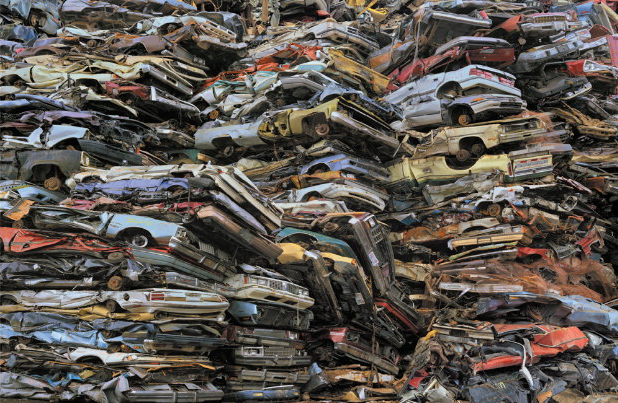Plastic – The Circular Economy
Key concepts:
• circular economy
• legislation for impetus
• upcycling vs downcycling
• waste as a resource for job creation and revenue
The Circular Economy movement aims to view waste as a resource that can create new jobs and revenue.
Global Collaboration to address global waste
Plastic debris can be controlled with legislation, better communication, new science, improved waste management, recyclable product design and disposal. More citizen scientists can become engaged in monitoring plastic pollution and innovation to solve this mounting challenge.
From legislation to practice
From microbeads to plastic bottles, styrofoam to plates & cutlery, new initiatives are mobilizing to cope with a range of waste products. After microbeads in personal care products were found in the Great Lakes, research translated to action, which culminated in President Obama signing the Microbead Free Waters Act in 2015 to go into effect in 2018. In 2017, the United Nations announced its #CleanSeas initiative to eliminate single-use plastic bags and microplastics in cosmetics by 2022. In 2017, France became the first country to ban plastic plates and cutlery.
South Africa, Uganda, Somalia, Rwanda Botswana, Kenya and Ethiopia all have total plastic bag bans in place. China had a total ban on plastic bags in effect since June 1, 2008. Bangladesh introduced a strict ban in 2002 after the occurrence of floods from 1988 to 1998 that submerged two-thirds of the country in water.
The U.S. alone produces the two billion pounds of styrofoam each year, which is not typically recycled; it’s used for packing everything from peanuts to toys to disposable coffee cups. In his TED Talk, Ashton Cofer recounts how he and his young peers, frustrated by the waste of resources and landfill space, he has developed a heating treatment to break down used styrofoam into carbon. Their original design won both the First LEGO League Global Innovation Award and the Scientific American Innovator Award from Google Science Fair. Styrofoam packaging.
Plastic as Resources: Upcycling
Typically, the reuse of recycled plastic is described as downcycling. There is a recent shift to focus on upcycling, which is more challenging. But cities like Trivandrum, India have transformed from being littered with trash to being clean and liveable because of a national strategy to promote plastic recycling and to reduce litter. And in Bali, waste plastic is being turned into beautiful hand-crafted products.
Can we curb our landfill habit?

Fürstenfeldbruck: first municipality to test bio-degradable waste bags
When the southern German city of Fürstenfeldbruck became the first municipality to test bio-degradable waste bags for its garbage collection system. they found it performed much better than traditional waste bags because of its increased transpiration capability, which allowed constant evaporation of the condensation, slowing down the fermentation processes that lead to undesirable odours. In addition, this nearly halved the weight of the waste, making collection cheaper and more convenient while easing subsequent waste separation.

Over 3,500 municipalities and are now using the biodegradable waste bags. Working in cooperation with US outfitter Goodyear, they developed the Biotred technology for tires with low rolling resistance. The Biotred tires save significant quantities of petrol (about 5 percent of fuel), diminishing greenhouse gases by seven to 10 grams per driven kilometre. Based on this success, the European Community decided to finance a new venture that involves Goodyear, BMW and Novamont. A joint venture with Italy’s largest farmers association, Coldiretti. Bastioli for a new bio-refinery would be beneficial to both halves of the bio-plastics production line. The farmers would grow their regional crops exclusively for use in bio-plastics, integrating them into an environmentally friendly production line; in addition, Novamont would get quality crops to produce their 15 different Master-bi products. Given the widely expected reduction in agriculture subsidies forecasted for the next decade, the project is a unique opportunity for the farmers.
Patagonia: From Polar Fleece to Global Lint
Patagonia realized their products produced microfibers that polluted the food chain and have sought to minimize that, including developing a special laundry bag.
All waste is not plastic, but much of the plastic waste is mixed with metal, paper, food, and other wastes. When organizations, politicians, corporations, and individuals, work together they can start to tackle global problems that require global solutions. The World Bank estimates that the production of municipal solid waste (all waste including plastic) could double by 2025.

Many countries are ill prepared to handle present, and increasing, waste generation. But not reducing waste, or improving methods of processing waste affects our health, oceans, cities and tourism, and the water we drink and food we eat. The Circular Economy movement aims to view waste as a resource that can create new jobs and revenue.
The United Nations Environment Programme (UNEP) and the World Bank’s Global Partnership for Oceans aim to build global cooperation to address this challenge.
See the app @ earthDECKS.org
Saving Our Oceans from Plastic: articles by Zann Gill
- Adverse Health Effects of Plastic
- Aquaria – Informal Learning Network
- Beat the Microbead
- Bibliography: Plastic Roads
- Boyan Slat: Floater Technology for Ocean Cleanup
- Complex Systems Problems
- Cradle to Grave: Plastic Supply Chain
- Dame Ellen MacArthur: The Circular Economy
- Sylvia Earle: Learning for a Plastic World
- earthDECKS Limelights: Companies to Watch
- Enshrouded in Plastic
- Flamingos Signal the Future We Face
- Floating Trash: More than 4x as bad as we thought
- Give the World a Helping Hand: 3D Prostheses
- Global Ocean Sensing
- Industry Response to the Plastic Challenge
- Nature’s Innovators: plastic consumers
- Ocean Debris Network
- Ocean Ingenuity
- Oceans – Measuring Planet Health
- Plastic Bank – The Exchange Economy
- Plastic – Climate Change Connection: Israel & UBQ
- PLASTIC: Complex Systems Problem
- Plastic: Drinking Water, Table Salt & Mother’s Milk
- Plastic Footprint ~ Carbon Footprint
- Plastic-Eating Enzyme
- Plastic Gyres and Social Justice
- Plastic Impact Calculator
- Plastic Pollution Coalition: Campaign vs Single Use Plastic
- Plastic & Public Health: Endocrine Disruptors
- PLASTIC: Overview of National Leadership
- Plastic Roads – Global Innovation Ecosystem
- The Plasticene
- Plastiki: adventure stories & a big message
- Raising Awareness of Plastic Hazards
